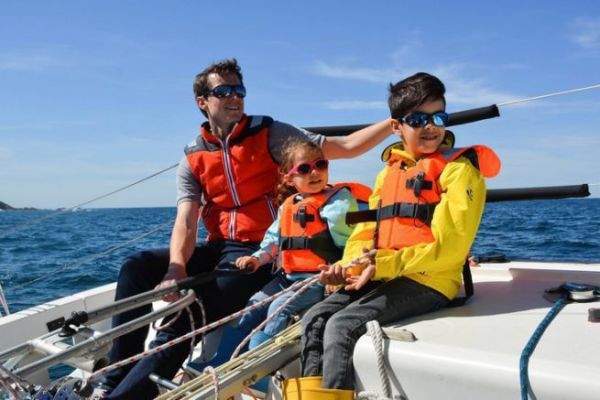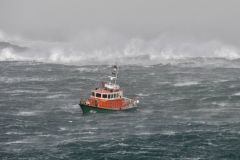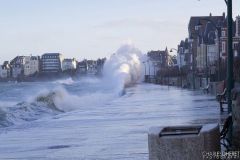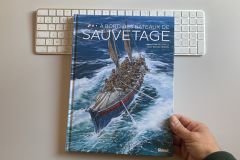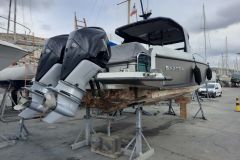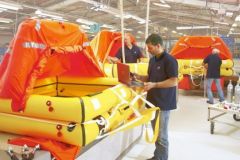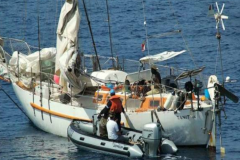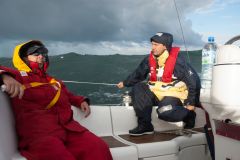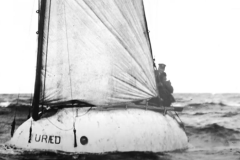Mandatory safety for water sports activities
With the return of fine weather, and in particular in anticipation of the May long weekends (and school vacations for the North Atlantic zone), the Préfecture Maritime de l'Atlantique would like to remind you of a few rules. "Many accidents are due to a lack of knowledge of the marine environment and insufficient experience" said the prefecture.
Even in fine weather, the sea can still present dangers, particularly during high tides, as is the case at the moment, when strong winds generate high waves. The prefecture therefore advises " avoid approaching the seashore and exposed structures (dykes, port jetties, groins, seafronts), at the risk of being swept away by a wave or slipping into the sea"
Even though the sun is back and the weather is ideal for resuming water sports activities, let's not forget that it's the very beginning of the season. "As an example, with seawater in Brittany whose temperature is currently between 10 and 12°C, the estimated average survival time is between 30 and 60 minutes."
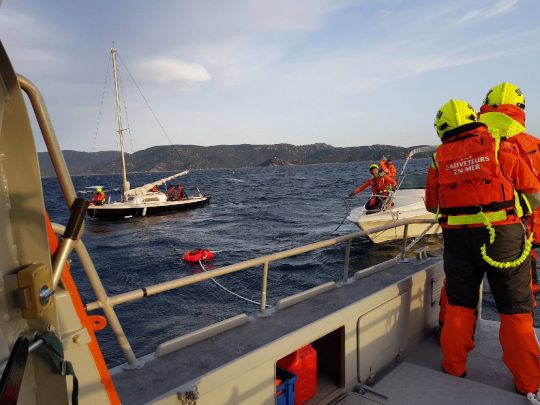
In an emergency, contact CROSS
When there's an emergency at sea, every minute counts. In the event of an accident (whether as victim or witness), it is imperative to contact the CROSS :
- On or near the coast, dial 196, the national emergency number for sea rescue. This number puts you in direct contact with a CROSS (regional operational center for surveillance and rescue) and sea rescue professionals. The call is free from a landline or cell phone.
- At sea, VHF Channel 16 is directly linked to CROSS
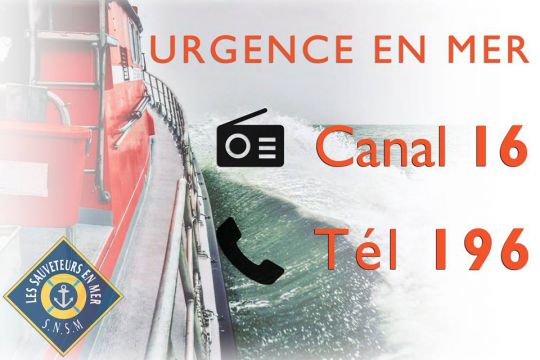
Before going out to sea or taking part in any nautical activity, the Préfecture maritime de l'Atlantique recommends that all those concerned "users of the sea and coastline to adopt a responsible attitude based on caution, vigilance, strict compliance with current safety regulations, environmental protection and a good knowledge of the marine environment in which we operate overconfidence is a constant danger ."
Here's a (non-exhaustive) list of tips to keep in mind:
- Keep abreast of weather conditions and tide data (times, coefficients, strength of currents in the area), even at short distances from the coast;
- Have a means of communication available at all times: VHF or cell phone in a waterproof pouch;
- Inform someone on land of the time of departure and the estimated time of return (and remember to warn them of any change in schedule, to avoid worry and false alarms);
- Equip all crew members and passengers with lifejackets or personal flotation devices (PFDs) as soon as they come aboard and throughout the navigation. Experience proves that lifejackets save lives!
